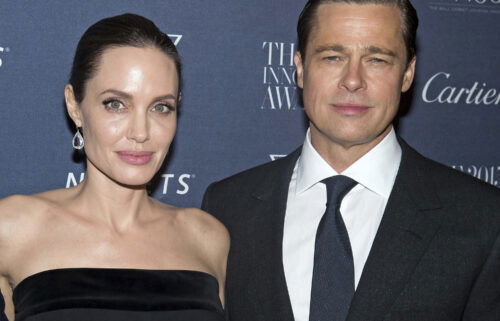Today in history
By Associated Press
Dec. 27
In 1831, naturalist Charles Darwin set out on a round-the-world voyage aboard the HMS Beagle.
In 1904, James Barrie’s play “Peter Pan: The Boy Who Wouldn’t Grow Up” opened at the Duke of York’s Theater in London.
In 1932, New York City’s Radio City Music Hall opened to the public.
In 1945, the International Monetary Fund was formally established as its first 29 member countries ratified its Articles of Agreement.
In 1968, the Apollo 8 capsule splashed down safely in the Pacific, completing the first crewed mission to orbit the moon.
In 1979, Soviet forces seized control of Afghanistan. President Hafizullah Amin, who was overthrown and executed, was replaced by Babrak Karmal.
In 1985, American naturalist Dian Fossey, 53, who had studied mountain gorillas in Africa for nearly 20 years, was found murdered in her cabin in Rwanda.
Dec. 28
In 1895, the Lumiere brothers, Auguste and Louis, held the first public showing of their films in Paris.
In 1908, a major earthquake followed by a tsunami devastated the Italian cities of Messina and Reggio Calabria, killing at least 70,000 people.
In 1912, San Francisco’s Municipal Railway began operations with Mayor James Rolph Jr. at the controls of Streetcar No. 1 as 50,000 spectators looked on.
In 1945, Congress officially recognized the Pledge of Allegiance.
In 1972, Kim Il Sung, the premier of North Korea, was named the country’s president under a new constitution.
In 1973, the Endangered Species Act was signed into law by President Richard Nixon.
In 1981, Elizabeth Jordan Carr, the first American “test-tube” baby, was born in Norfolk, Virginia.
In 1991, nine people died in a crush of people trying to get into a celebrity charity basketball game at City College in New York.
In 2015, a grand jury in Cleveland declined to indict two white police officers in the killing of 12-year-old Tamir Rice, who was Black. He was shot while carrying what turned out to be a toy pellet gun.
—From AP reports


